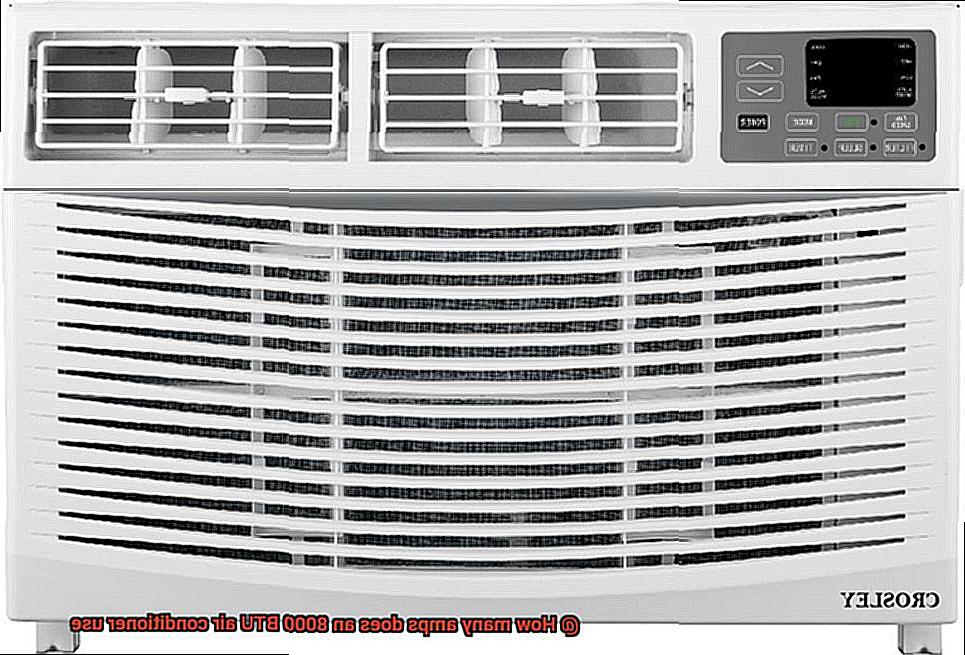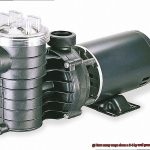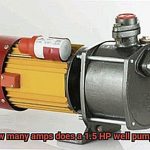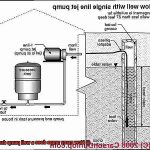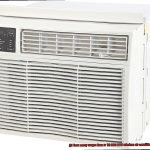Are you tired of feeling like your air conditioning unit is draining your wallet? Or maybe you’re looking to upgrade to a more efficient 8000 BTU air conditioner and want to know what kind of power it requires? Fear not. In this article, we’ll be exploring the world of amps and air conditioning units to answer the burning question: How many amps does an 8000 BTU air conditioner use?
But before we get into the nitty-gritty details, let’s take a moment to reflect on why understanding our energy consumption is so important. With climate change looming over us, it’s crucial that we take steps to reduce our carbon footprint. Our homes are one of the biggest contributors to our individual carbon footprints, and heating and cooling systems are usually the main culprits. Knowing how much energy a particular unit consumes can help us make informed decisions when purchasing and running our air conditioning systems.
So buckle up and get ready for some knowledge bombs. We’ll be discussing the average amps used by an 8000 BTU air conditioning unit, how to calculate total energy consumption, and some tips on how to keep your energy usage in check. By the end of this article, you’ll be able to stay cool while being eco-friendly – talk about a win-win situation.
What are BTUs and Amps?
Contents
If you’re in the market for a new air conditioner, you may have noticed some unfamiliar terms like BTUs and Amps. Don’t worry, we’re here to help. Let’s dive into what these measurements mean and how they relate to air conditioning.
First, let’s talk about BTUs, or British Thermal Units. BTUs are a measure of the amount of heat that an air conditioner can remove from a room in one hour. This means that BTUs are a measurement of cooling power – the higher the BTU rating, the more cooling power an air conditioner has. So, if you’re looking to cool a larger room or space, you’ll want an air conditioner with a higher BTU rating.
Now let’s discuss Amps, or Amperes. Amps are a measure of the electrical current that an appliance draws. In the context of air conditioning, Amps refer to how much electricity is needed to power the unit. Larger air conditioners will typically require more electricity to operate, and therefore have higher Amp ratings.
It’s important to note that just because an air conditioner has a higher BTU rating doesn’t necessarily mean it uses more electricity. Similarly, just because an air conditioner has a higher Amp rating doesn’t necessarily mean it’s more powerful or efficient. That’s why it’s important to consider both measurements separately when choosing an air conditioner.
In addition to BTUs and Amps, you’ll want to look for units with high SEER (Seasonal Energy Efficiency Ratio) and EER (Energy Efficiency Ratio) ratings when shopping for an air conditioner. These ratings indicate how energy-efficient the unit is and can help you save money on your energy bills in the long run.
Proper installation and maintenance can also help ensure your air conditioner is running at peak efficiency and using as little energy as possible. So, if you’re looking for an air conditioning unit that’s both powerful and energy-efficient, consider all of these factors when making your decision.
How Many Amps Does an 8000 BTU Air Conditioner Use?
Stay cool, because we’ve got the answers you’re looking for.
On average, an 8000 BTU air conditioner will use approximately 6-7 amps of electricity. However, this number can fluctuate due to a few factors. The energy efficiency rating of the unit is one of the most significant factors. Air conditioners with a higher energy efficiency rating use less electricity, resulting in fewer amps used.
But wait, there’s more. Operating conditions also play a role in determining the number of amps used by your AC. If your air conditioner is running in an extremely hot environment, it may be working harder to cool down the space, which could result in higher amp usage.
So, what does this mean for you? When purchasing an 8000 BTU air conditioner, it’s crucial to consider its energy efficiency rating and operating conditions carefully. By doing so, you can ensure that you select an air conditioner that is both effective at cooling your space and energy-efficient.
Factors that Affect the Amp Rating of an Air Conditioner
Understanding the factors that affect its amp rating can help you choose the right unit for your needs and save money.
Size matters
The size or capacity of an air conditioner is one of the significant factors that affect its amp rating. Generally, larger air conditioners require more amps to operate compared to smaller ones. So, if you have a small space, it’s better to opt for a smaller air conditioner. This way, you can save on electricity while keeping your home cool and comfortable.
Efficiency
Another crucial factor that affects the amp rating of an air conditioner is its efficiency rating. Air conditioners with a higher SEER rating will typically require fewer amps to operate compared to units with a lower SEER rating. This means that the higher the SEER rating, the more energy-efficient your air conditioner will be, resulting in lower electricity bills.
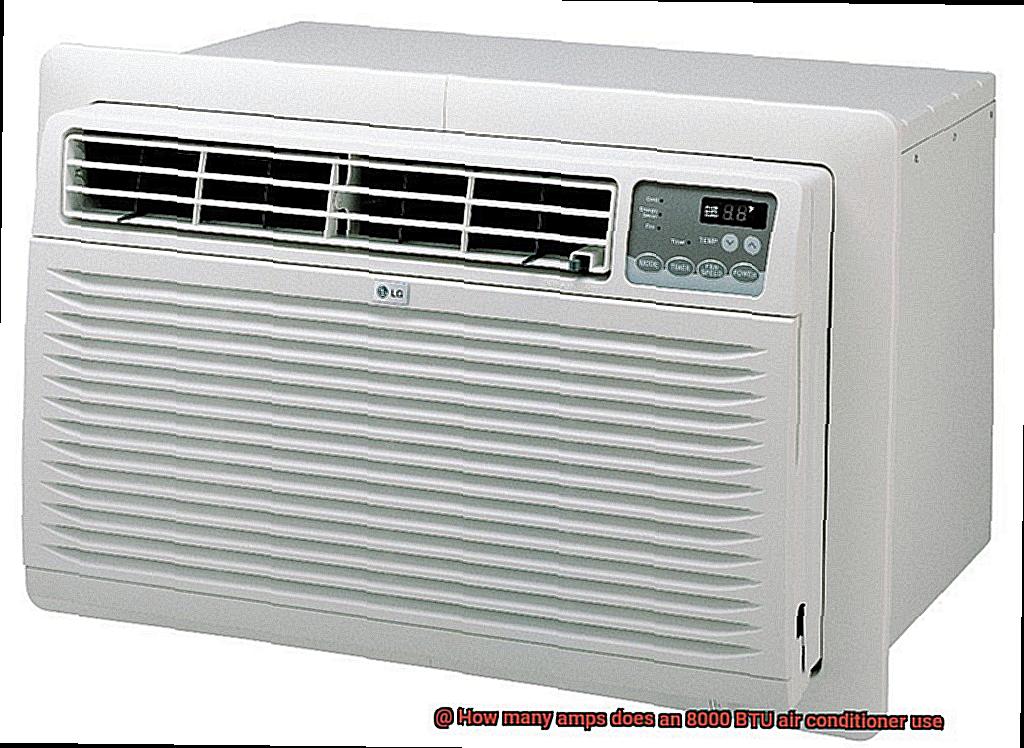
Age
The age and condition of an air conditioner can also affect its amp rating. Older units may require more amps to operate due to wear and tear on the compressor and other components. Regular maintenance can help prolong the life of your air conditioner and ensure that it operates as efficiently as possible. So, make sure to schedule regular maintenance with a professional to keep your air conditioner running smoothly.
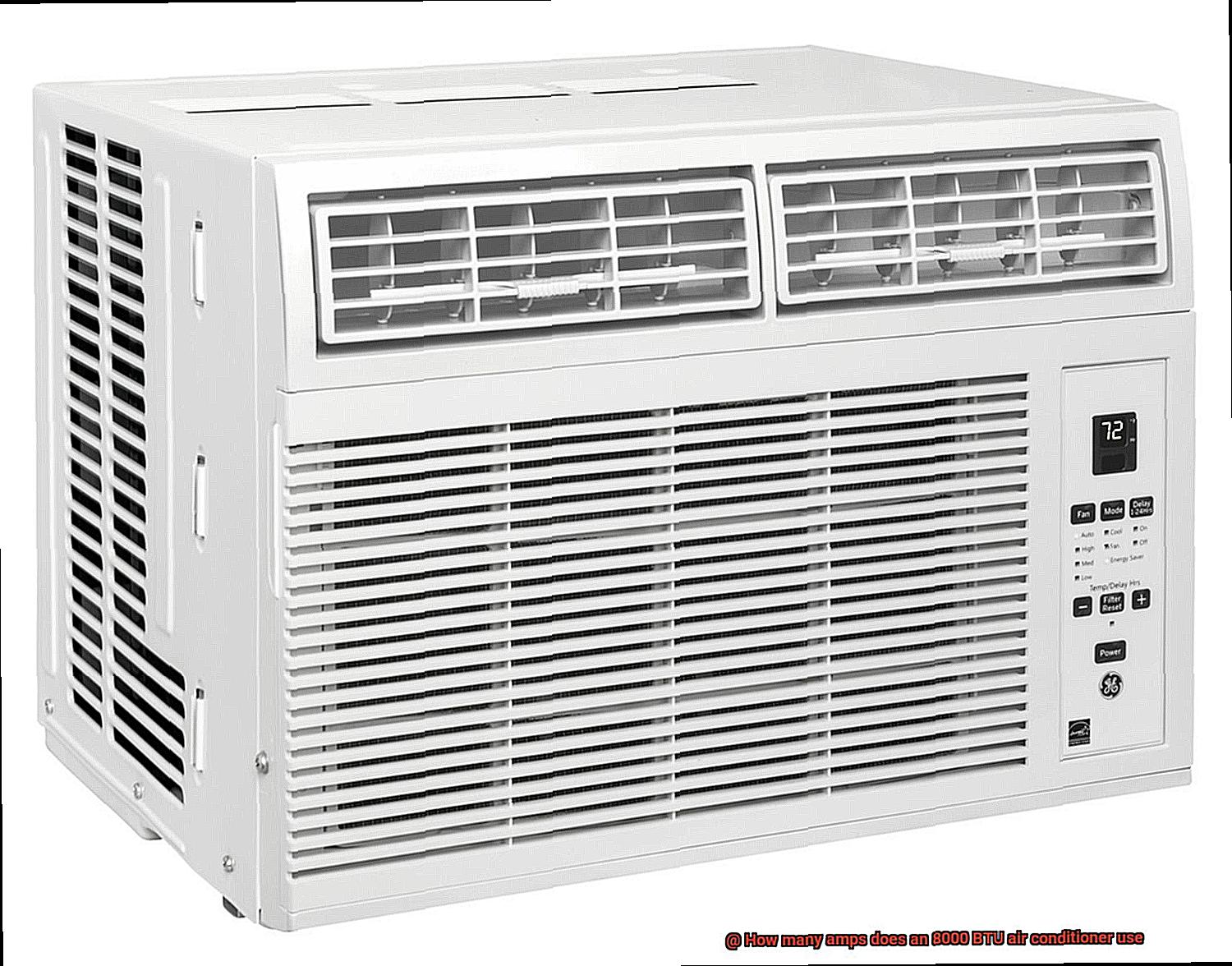
Location, location, location. Lastly, the temperature and humidity levels in your home can impact the amp rating of your air conditioner. If you live in an area with high temperatures or humidity levels, your air conditioner may need to work harder, using more amps to keep your home cool and comfortable. To combat this, consider investing in an air conditioner with a higher SEER rating or adding insulation to your home.
Other Factors to Consider When Choosing an Air Conditioner
Choosing an air conditioner may seem like a simple task, but there are several often-overlooked factors that you should consider before making your final decision. As an expert in the field, I’m here to guide you through these additional considerations and help you choose the perfect air conditioner for your home.
Indoor air quality
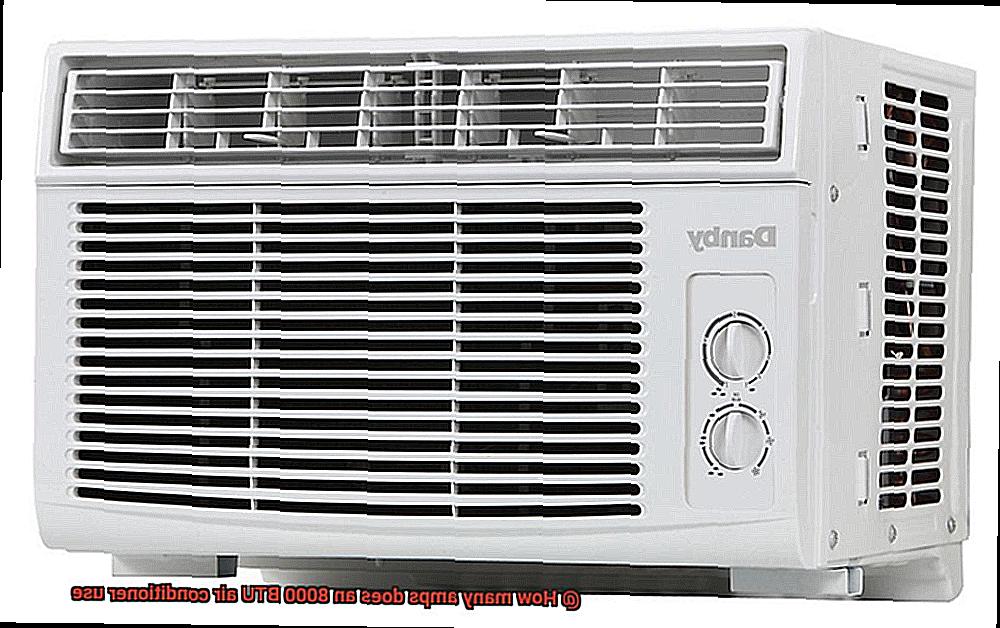
Indoor air quality is also important to consider. A high-quality filter can remove pollutants and allergens from the air, making your home a healthier place to live. Some units come with additional features like dehumidifiers or programmable thermostats that further improve comfort and energy efficiency.
Noise level
Noise level is often overlooked but can be a significant factor in choosing an air conditioner. No one wants a loud unit disrupting their peace and quiet. Look for units with low decibel ratings or features like insulated compressors or variable-speed fans that help reduce noise levels.
Proper Installation and Maintenance for Maximum Efficiency
In this section, we’ll be discussing the importance of proper installation and maintenance for your 8000 BTU air conditioner to ensure maximum efficiency and optimal performance.
To begin with, it’s essential to consider the placement of your air conditioner. The unit must be installed in a location that allows for adequate airflow. This means ensuring that there are no obstructions that could hinder the unit’s ability to draw in fresh air and expel hot air. Proper placement can save energy and reduce your electricity bills.
Next up, maintenance is crucial to keep your air conditioner running smoothly. Regularly cleaning or replacing the air filter is a vital step in this process. A dirty or clogged filter can reduce airflow and efficiency, leading to higher energy consumption and costs. Make sure you clean or replace the filter every two to four weeks to maintain optimal performance.
Keeping the condenser coils clean is also essential. Dirt and debris can accumulate on these coils over time, reducing their ability to transfer heat and causing your air conditioner to work harder to maintain a cool temperature. By cleaning the coils at least once a year, you can improve your unit’s efficiency and reduce energy consumption.
Lastly, it’s crucial to check for any leaks in your unit’s refrigerant lines. A refrigerant leak can cause your air conditioner to work harder than necessary, increasing energy consumption and potentially damaging the compressor. If you suspect a leak, contact a professional for repairs immediately.
d789dE72DB8″ >
Conclusion
In conclusion, being mindful of an air conditioner’s energy consumption can make a significant impact on both our wallets and the environment. An 8000 BTU air conditioner typically uses an average of 6-7 amps, but this can vary based on several factors such as efficiency rating, age, and location.
When selecting an air conditioner, it’s essential to consider its SEER and EER ratings, appropriate sizing for your space, indoor air quality features like filters or dehumidifiers, noise level, and proper placement for adequate airflow. Additionally, regular maintenance like cleaning or replacing air filters and checking for refrigerant leaks can extend the lifespan of your unit while keeping it running efficiently.
By taking all these factors into account when purchasing and operating your air conditioner, you can stay cool while also reducing your carbon footprint.
